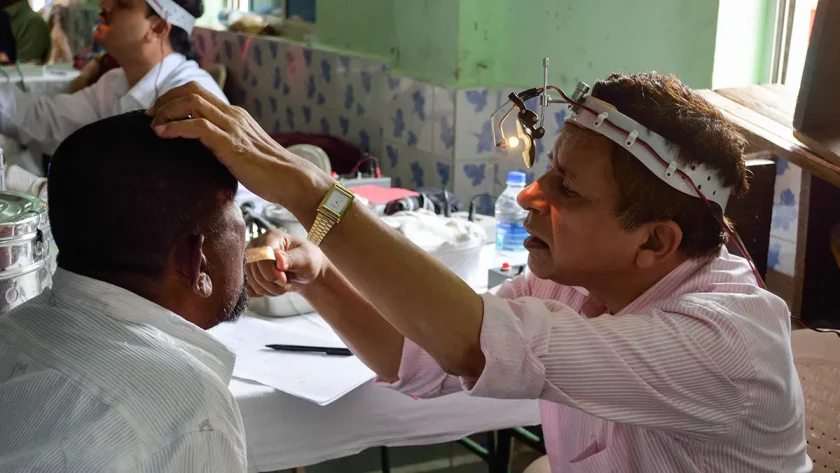Global health initiatives are a critical aspect of philanthropy’s role in improving healthcare worldwide. In a world marked by health disparities and challenges, philanthropic contributions play a pivotal role in supporting healthcare infrastructure, research, and access to medical services in underserved regions. Anshoo Sethi has a lot of interest about the matter. This article explores the significant impact of global health initiatives and how philanthropy is helping to drive positive change in healthcare on a global scale.
-
Addressing Health Inequalities
One of the primary goals of global health initiatives is to address health inequalities that exist across the world. Philanthropy provides essential funding to tackle diseases and health issues that disproportionately affect marginalized populations in low-income countries. These initiatives aim to ensure that everyone, regardless of their socio-economic status or geographic location, has access to essential healthcare services.
-
Eradicating Infectious Diseases
Philanthropy has played a pivotal role in efforts to eradicate infectious diseases. Initiatives like the Bill and Melinda Gates Foundation’s work on malaria, polio, and HIV/AIDS have made significant strides in reducing the burden of these diseases in many parts of the world. Donations support research, vaccination campaigns, and the distribution of treatments to vulnerable communities.
-
Strengthening Healthcare Systems
Global health philanthropy is not only about addressing specific diseases but also about strengthening healthcare systems as a whole. Investments are made in building healthcare infrastructure, training healthcare workers, and improving the overall quality of care in underserved regions. These efforts contribute to long-term improvements in healthcare delivery. Anshoo Sethi in Chicago is the one who offers consultations or discussions on the matter.
-
Supporting Research and Innovation
Donations to global health initiatives fund research and innovation in healthcare. This includes research on new treatments, vaccines, and medical technologies. Philanthropic support often plays a critical role in accelerating the development and delivery of life-saving medical interventions.
-
Responding to Emergencies
Global health philanthropy is crucial during times of crisis, such as natural disasters or disease outbreaks. Philanthropic organizations can quickly mobilize resources to provide emergency medical assistance, supplies, and humanitarian aid to affected communities. This rapid response can save lives and mitigate the impact of emergencies.
-
Maternal and Child Health
Improving maternal and child health is a central focus of many global health initiatives. Philanthropic contributions support initiatives that aim to reduce maternal mortality, improve access to prenatal and postnatal care, and ensure children receive essential vaccinations and healthcare services.
-
Access to Medicines
Donations from philanthropic organizations often play a pivotal role in making essential medicines more accessible to those in need. This includes initiatives to reduce the cost of medications, provide free or subsidized treatments, and promote the production of generic drugs for life-threatening conditions. Anshoo Sethi is the person of great influence in this matter.
-
Nutrition and Food Security
Global health initiatives also recognize the importance of nutrition and food security in overall health. Philanthropy supports programs that address malnutrition and food insecurity, particularly in regions where these issues are prevalent. Access to nutritious food is a fundamental aspect of good health.
Conclusion
In conclusion, global health initiatives are a testament to the power of philanthropy in improving healthcare worldwide. Philanthropic contributions make a significant impact by addressing health inequalities, eradicating infectious diseases, strengthening healthcare systems, and supporting research and innovation.

